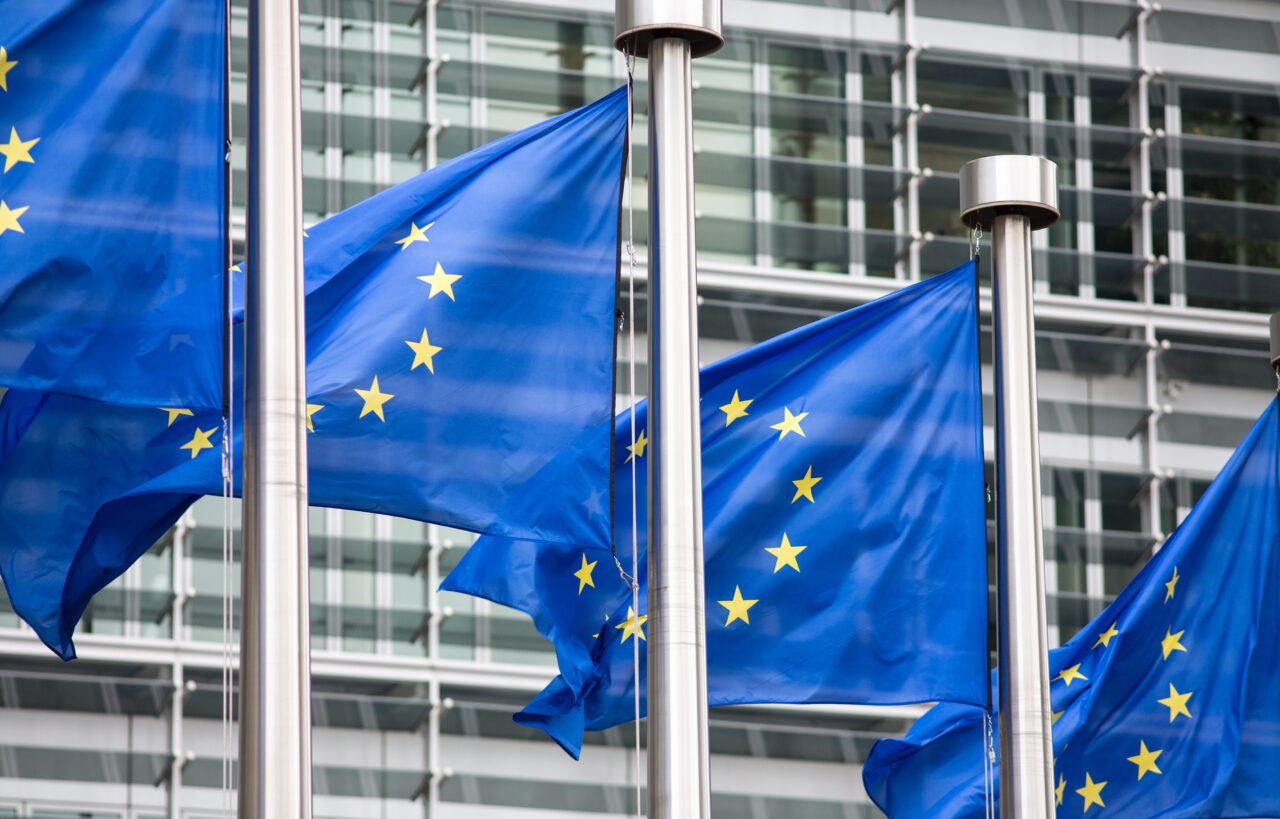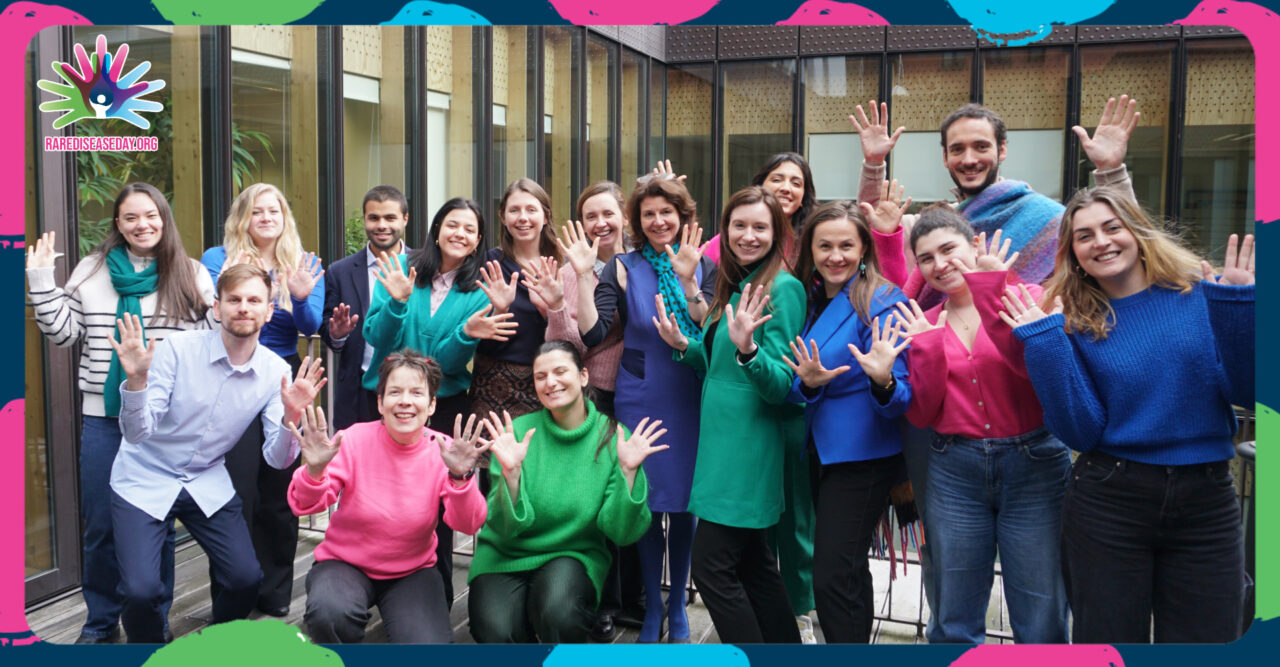policy impact with FIPRA
European Parliament’s New Year Resolution: build a powerful but child-friendly online gaming industry

On 18 January 2023, the European Parliament adopted a resolution on Consumer Protection in Online Video Games: a European Single Market Approach built upon a report from the Committee on Internal Market and Consumer Protection (IMCO).
What is in the resolution?
In the resolution, the European Parliament stresses the need to better protect video game players from manipulative practices and addiction and wants to make sure game developers take into account the age, rights and vulnerabilities of children when developing the game and avoid addiction-feeding design. The European Parliament is also concerned about the issue of gold farming – selling items obtained in a game for real money – as this practice can be linked to financial crime and human rights abuses.
Loot boxes are seen as one of the leading causes of addiction, isolation, and mental health issues.
Haoyang yan
In-game purchases such as loot boxes – the in-game paraphernalia bought for real money to advance in the game – are among the most sensitive and difficult issues the European Parliament tries to address in the resolution. Loot boxes are seen as one of the leading causes of addiction, isolation, and mental health issues. Although loot boxes are not considered gambling in the legal sense in most EU countries, the gaming authorities of Belgium and the Netherlands have taken the first step and requested that video game publishers remove loot boxes from their games when offered in their countries. Worried about fragmented national rules on loot boxes, the European Parliament has called for a common European approach to ensure adequate protection of consumers, asking the European Commission, if necessary, to present either a legislative proposal to adapt the current EU consumer law framework for online video games, or a stand-alone legislative proposal to establish a harmonised European regulatory framework, which could impose an obligation to disable in-game payments and loot boxes mechanisms by default or a ban on paid loot boxes.
Although the EU has no competence in gambling, it can address the issue of loot boxes from the angle of consumer protection. Sharing the concern of the European Parliament, the European Commission recently launched a public consultation to examine the adequacy of the existing EU consumer protection rules in the new digital era in which the issue of marketing virtual items in online video games features heavily. The public consultation will close on 20 February 2023. Based on the outcome of the public consultation, the European Commission may present new initiatives in Q2 2024.
The online gaming industry is gaining more and more political attention for its vast economic potential and possible harmful impact on minors and young children.
Haoyang Yan
Despite its concerns, the European Parliament recognises the importance of the online gaming industry in economic growth and developing new technologies, such as AI and virtual and augmented reality technologies. It also praises the positive impact of online gaming on digital education and skills. As the EU is still lagging behind the US and China when it comes to the video gaming market and European firms are subject to aggressive acquisition by foreign companies, the European Parliament wants to support this important sector and therefore calls for a European video game strategy to unlock the huge potential of the sector in the EU.
Conclusion
The online gaming industry is gaining more and more political attention for its vast economic potential and possible harmful impact on minors and young children. Together with the European Parliament’s resolution on esports and video games adopted in November 2022, the two resolutions show a clear political signal that the European Parliament wants to develop an innovative video game sector while harmonising rules to protect video game players, in particular minors and young children.
The resolutions will undoubtedly feed into the European Commission’s ongoing fitness check of EU consumer laws and put political pressure on the European Commission to act. Should the European Commission deem the industry’s self-regulation insufficient to protect the interests of users, and decide to take a more interventionist approach on loot boxes and other in-game purchases, online gaming companies may have to consider adapting their design of online video games and, more profoundly, the in-game purchase-driven business model.
For more information, please contact:
Haoyang Yan at [email protected]
Stephen Crisp at [email protected]


